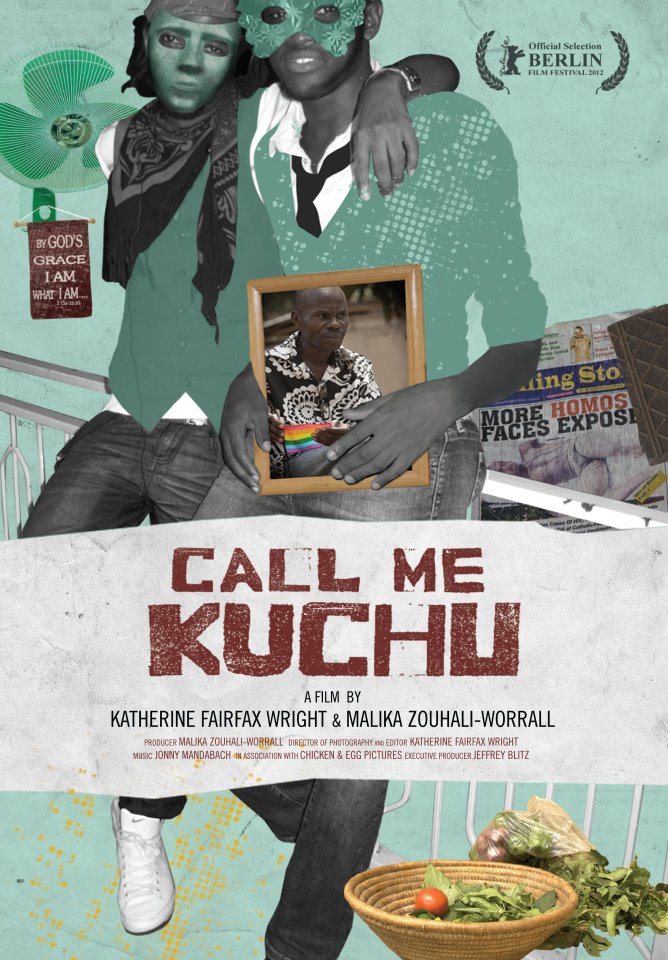Originally posted on www.vadamagazine.com
Living in the UK, where equal rights for gay people are exceptionally better than many other places in the world, and where the debate for equal marriage has gained continued momentum, things only look like they’re going to go from strength to strength for LGBT issues. However, despite this there remains a certain degree of discrimination shown towards members of the LGBT community on a regular basis that we hear about in the news.
Just this week it emerged that a gay couple were refused a double room at a hotel in London by a receptionist who asked them numerous times: “are you sure you don’t want single beds?” (Nick Hurley, the person in question is pictured above).
Despite booking their room online, one of the men in question explained how he felt he and his partner had been treated in a homophobic way.
I doubt the same treatment would have been given to a straight couple if they arrived at a hotel room looking to share a bed.
However this treatment isn’t isolated to one particular case, but instead we can find a string of numerous news stories that highlight this type of treatment given to gay people.
Last year a gay couple won a court case against the owners of a B&B after they were turned away, despite booking the room and paying a deposit, because one of the owners claimed that allowing them to stay would violate her religious beliefs.
There were also two separate incidents in 2011 where a lesbian couple took legal action against a hotel after they claimed they were turned away for being gay. 2011 also saw the gay kiss pub protest after a gay couple were thrown out of the John Snow pub in Soho for kissing, which was called “obscene.”
Another incident in January 2013 saw a gay couple denied access to a bar because it was “couples only” and they were the wrong type of couple.
It’s awful to think that in 2013 some people still feel they can deny basic forms of equality such as sharing a bed or accessing a bar, simply because someone is gay. This in spite of The Equality Act making it illegal to refuse people goods and services on the grounds of sexual orientation.
Could you imagine if the roles were reversed and a gay person or couple denied a straight couple a hotel room simply because they were not gay, or if a person who doesn’t like children refused a family a table in a restaurant or a room at a hotel because they had a child? Well you couldn’t because this thing would probably never happen as it would be deemed ridiculous. Yet some people still think it’s OK to deny gay people basic rights.
The Thistle hotel involved in the incident in London has apologised to the couple involved, with spokesman Chris King telling ITV News: “From our initial investigations it appears that the couple booked through an online booking system which didn’t work properly and so when they arrived at the hotel there were no double rooms available. We are very sorry if the couple feel they have been badly treated and we are now looking into the situation.”
He added: “Having spoken to Mr. Hurley we understand that the couple were not too upset that there were no double rooms available, but rather with the manner in which this information was conveyed. We have offered them a free night in one of our hotels but they have refused this offer. Thistle does not tolerate homophobic behaviour and will investigate this matter thoroughly.”
Where as we can see public apologies being made and public protest, particularly in the incident with the Soho pub through the now infamous kiss protest, these are only the incidents we know about. Many people still feel as though they can’t come forward with their stories because they are scared or feel that there is no point, as nothing will be done.
But as we can see things are getting noted and acted upon, there is definitely a need to speak up and say something. Issues involving gay people are now being covered much more frequently by the press, and not in a negative manner, because gay people aren’t taking it anymore. People have been fighting for full equality for years and finally it looks like we may not be far from it, in the UK anyway.
















